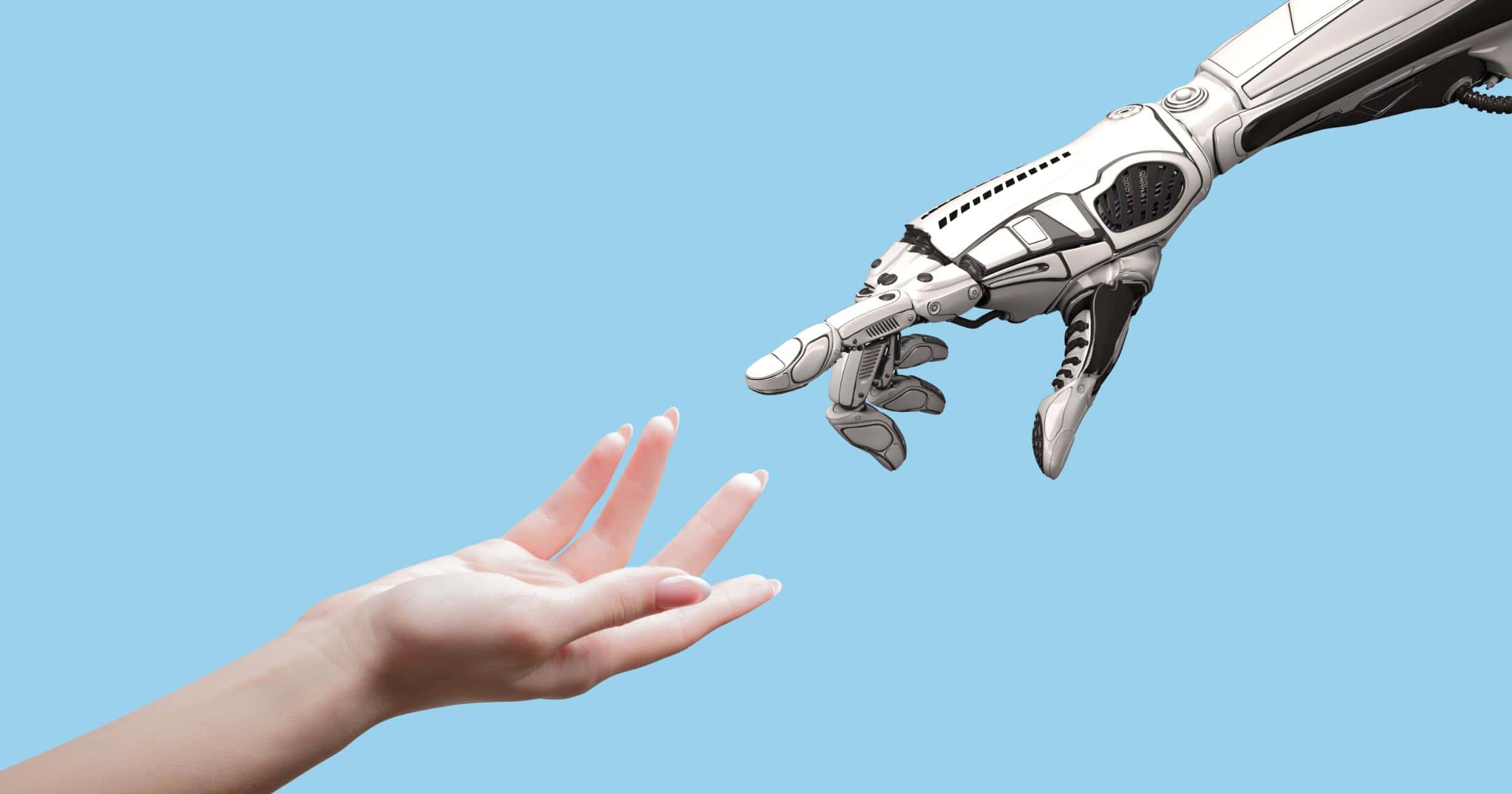ZDNet interviewed Pieter Abbeel, a professor of electrical engineering and computer science at the University of California, Berkeley. He says a major revolution is coming thanks to machine vision.
Giving robots the gift of sight completely changes what’s possible. Computer Vision, the area of AI concerned with making computers and robots see, has undergone a night-and-day transformation over the past 5-10 years — thanks to Deep Learning. Deep Learning trains large neural networks (based on examples) to do pattern recognition, in this case pattern recognition enabling understanding of what’s where in images. And then Deep Learning, of course, is providing capabilities beyond seeing.
Check It Out: This Roboticist Says a Major Robotics Revolution is Around the Corner

Andrew:
Thanks for the article reference. It made for intriguing lunchtime reading.
It reads, however, like an interview with an electrical engineer, which it was. Apart from pointing out that advances in robotics are the result of a confluence of other technologies, and dwelling on the potential impact of cameras imparting vision to robots, and that robotics will become more prevalent in consumer goods and services, I think the article missed the most revolutionary transition in robotics, namely what we have historically believed constitutes a robot.
Specifically, we are at the dawn of biological and self-replicating robotics that will potentially span both artificial and organic genesis, with the capacity to both reproduce https://www.cnn.com/2021/11/29/americas/xenobots-self-replicating-robots-scn/index.html and learn. This will only become more complex and blur the demarcation between inanimate machine and life.
The implications and potential impact of this merging of artificial and organic span every sector, and very much sooner than later, will compel us to rewrite the texts on ethics in robotics and AI.
So, when does Computer Vision change their name to Skynet?